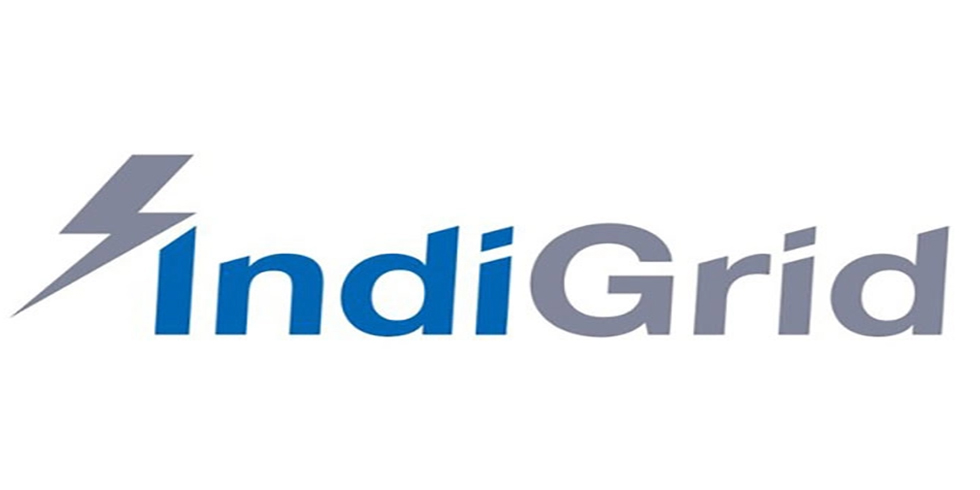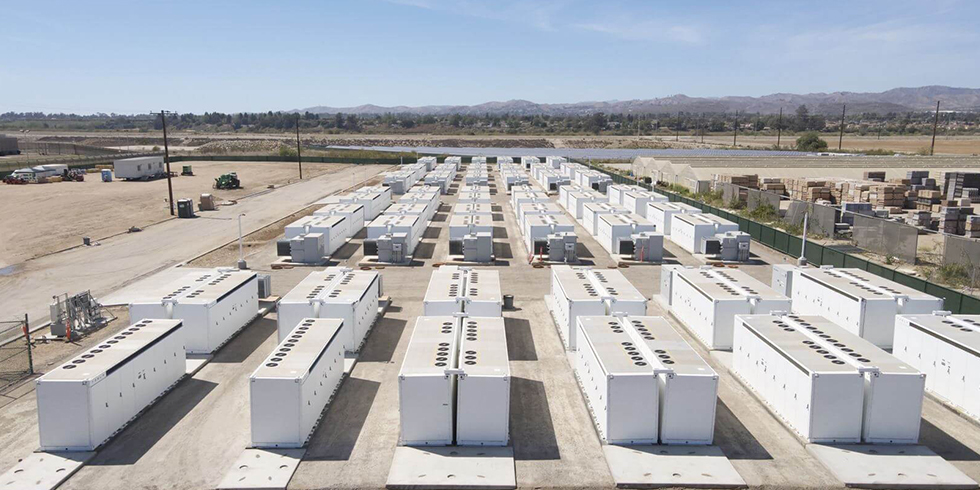The first commercial standalone battery energy storage system (BESS) project in India has received regulatory permission from the Delhi Electricity Regulatory Commission (DERC). Global Energy Alliance for People and Planets (GEAPP) and IndiGrid are working together with BSES Rajdhani Power Ltd (BRPL) to carry out the project. Seventy percent of the project's entire cost, or GEAPP's concessional loan, is supporting it.
An estimated 18 to 20 months from conception to completion, the quickest time for a BESS project, would pass for this approved project, a 20 MW/40 MWh BESS that will be strategically positioned at BRPL's 33/11 kV Kilokari substation.
Located in a high demand sub-station, the project will enable over 12,000 low-income users in the area to have 24/7 stable power and will also improve the quality of the power.
GEAPP is working with alliance partners to target 1 GW of BESS commitments in India by 2026, in line with the country's ambitious plan to install 47 GW of BESS by 2032.
"The BRPL BESS project's regulatory approval represents a major step forward in our efforts to integrate renewable energy sources into the grid and improve customer reliability," a BSES representative stated.
The country's significant variable renewable energy (VRE) penetration—which surpasses 12% in some regions—underlines India's pressing need for BESS integration in the distribution grid.
The BRPL BESS project will be essential in helping the New Delhi Utility (BRPL) adopt low-cost VRE because it is the first commercial standalone BESS project at the distribution level in India to get regulatory clearance for a capacity cost.
The project, with a levelized annual pricing of INR 57.6 lakh per MW, about 55% less than the previous benchmark (INR 130 lakh/MW/year), sets a new milestone for BESS affordability in India.
GEAPP's contribution to the initiative goes beyond only funding. In order to show the benefits of BESS at the DISCOM level, GEAPP worked closely with BRPL, utilizing both technical and commercial knowledge. "GEAPP's concessional loan paves the way for future BESS projects in the nation by ensuring an end tariff that is appealing to regulators," stated GEAPP.
Regardless of actual usage, BRPL will pay Kilokari BESS, the project's special-purpose vehicle (SPV), a fixed-capacity rate (in INR/MW/month terms), based only on availability. Ampere-hour Energy and IndiGrid are the owners of the SPV.
The business plan for this project shows that subsidized funding can be used to support third-party-owned BESS systems. Through the BESS Consortium, interested nations, developers, and other partners can access this model, which, when paired with strict monitoring and knowledge-sharing procedures, offers a blueprint for the global deployment of sustainable energy, according to GEAPP.
GEAPP is an alliance of governments from established and emerging nations, philanthropy, and partners in technology, policy, and funding. With the help of the global community, it seeks to enable low- and middle-income countries to transition to a clean energy, pro-growth model that expedites universal energy access and inclusive economic growth, thereby assisting in the achievement of important climate targets over the next ten years.











Add Comment